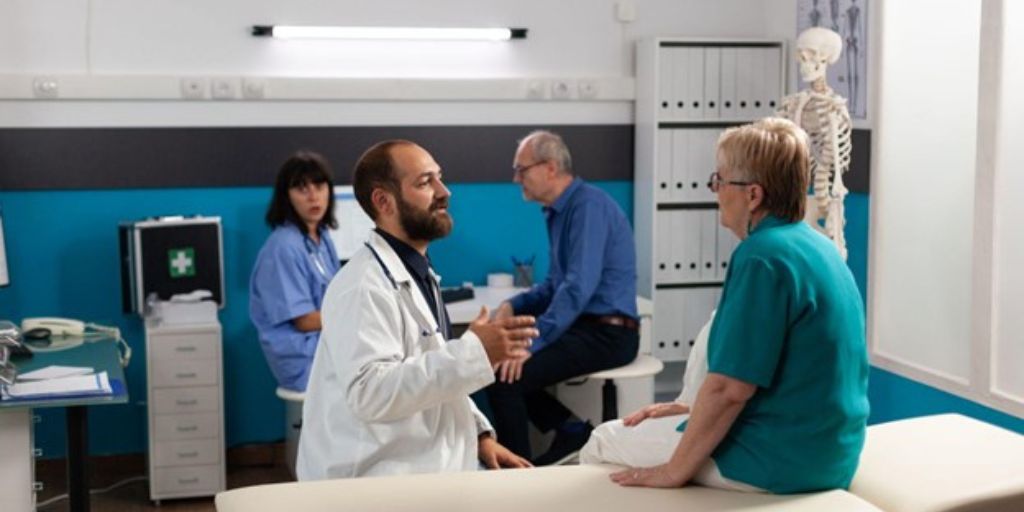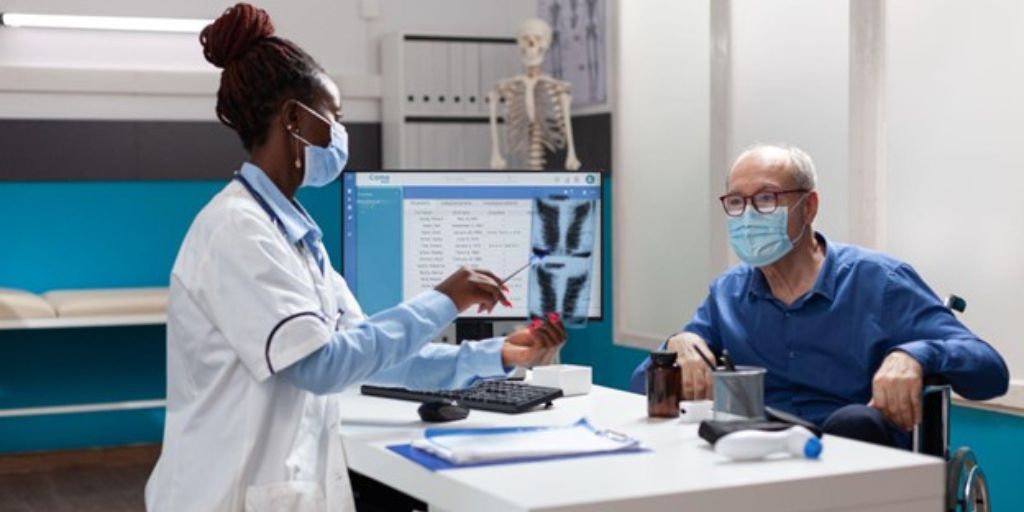
Do you run or manage a medical practice? It’s noble work and incredibly rewarding. You get to care for people when they’re sick, provide health advice, and prescribe life-saving medication. General practice may not be the most glamorous of medical fields, but it’s definitely one of the most valuable to the population. It has also changed over time, from the advent of telehealth and the rise of artificial intelligence to being able to complete NP programs and other healthcare courses completely online; the healthcare industry has seen a huge shift, thanks to technology.
As the person responsible for your practice, it’s your job to protect your patient’s personal information and data. Patient data and individually identifiable health information are regarded by many as one of the most sensitive types of personal information. The healthcare industry is also one of the most targeted sectors for malicious or criminal attacks on patient medical information.
This article will outline the importance of protecting healthcare patient data and what can put it at risk, discuss the importance of protecting this information, and suggest some ways healthcare practices can prioritize confidentiality, privacy, and cybersecurity. So, continue reading to learn more.
What is Sensitive Patient Data?
Before we discuss protecting it, it’s probably important to discuss what is considered sensitive patient data in a medical practice context. In this case, sensitive patient data is identifying data, such as names, addresses, email addresses, dates of birth, social security numbers, and healthcare information, such as insurance membership information. In addition to this, other sensitive health data may be medical records, data about a patient’s health, such as test results, disease status, or other diagnostic data that a doctor may possess.
Why is it Important to Protect?
As briefly mentioned above, healthcare data is among the most sensitive types of personal information that organizations or businesses, including medical practices, can hold. It can be highly damaging to your reputation as a medical practice if you suffer a data breach or hack. Your professional reputation aside, you’ll want to protect sensitive patient data because personal information can be used for a whole range of nefarious purposes, including identity theft, fraud, blackmail, and more. Medical practices must do their utmost to protect patient data.
How Can You Prioritize Protecting Patient Data?
The next section of this article will discuss the different methods you can use to protect your patients’ sensitive medical data.

Confidentiality is Important
You need to do your utmost to protect patient data and keep it confidential. Any hard-copy files should be kept under lock and key in a locked filing cabinet, with copies of the key only available to select staff who require it to perform their jobs. This may include doctors at the practice, nurses, and administrative staff who are responsible for record keeping. Also, don’t leave patient records unattended on desks or anywhere in the practice where anyone could see or steal them.
When it comes to digital records, these need to be kept on password-protected computers or servers, ideally with two-factor authentication (2FA) for login. 2FA is the gold standard in digital security, as you need your phone to authenticate a login, which prevents unauthorized access to patient data. If you use a cloud storage provider, you’ll want to check on their encryption, data security, and privacy policies to ensure that they are compliant with all relevant privacy legislation in your state.
Cybersecurity and Cyber Hygiene
Medical practices should have robust cybersecurity and cyber hygiene policies and practices. There are several benefits to maintaining good cyber hygiene for the medical sector.
Firstly, it improves your practice’s security posture and minimizes the risk of crucial operational interruptions, patient data compromises, and cases of data loss or ransomware. A business’s security posture is a term given to its cybersecurity program’s overall strength, resilience, and ability to handle existing and emerging cyber threats, of which new threats are emerging all the time. Basic cyber hygiene practices go a long way toward achieving overall optimal cybersecurity and cyber resilience for a medical practice. This may seem like overkill, but remember that patient data is among the most sensitive types of personal data out there.
Furthermore, following cyber hygiene best practices enables your practice to meet various strict regulatory requirements and avoid potential fines and other associated penalties due to non-compliance. Excellent cyber hygiene ensures that you and your staff follow best practices and implement the necessary security measures to remain compliant with local regulations and legislation.
In addition to this, because great cyber hygiene emphasizes educating staff on best practices for protecting sensitive data and detecting potential threats from cyber criminals, medical practices can significantly reduce the risk of accidental data breaches and unauthorized access to systems. Team members such as your reception and admin staff will play a crucial role in maintaining cyber hygiene best practices, and their awareness of cybersecurity and ongoing understanding of cybersecurity best practices are essential for a secure business environment and for protecting sensitive data. As the practice director or manager, you need to be across this as well.












